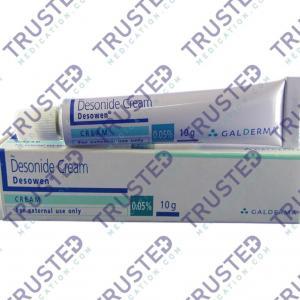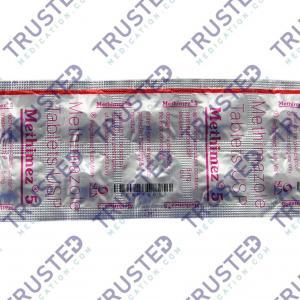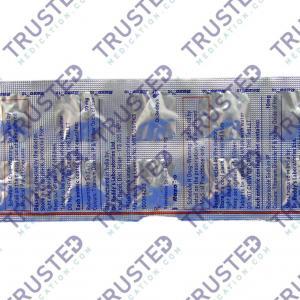
Polio, short for poliomyelitis, is a highly infectious viral infection caused by the poliovirus. The virus primarily attacks the nervous system. In some cases, it can lead to paralysis and even death, especially among children.
Polio has been a significant public health concern for centuries. However, thanks to advancements in medical research and vaccination efforts, the world is on the verge of eradicating this crippling disease.
What causes poliomyelitis?
Polio is caused by the poliovirus, which belongs to the enterovirus genus. The virus spreads primarily through the fecal-oral route. It often enters the body through contaminated water or food. It can also be transmitted through respiratory droplets from an infected person. The poliovirus has three distinct serotypes. Infection with one does not provide immunity against the others.
What are the symptoms of poliomyelitis?
Most people infected with the poliovirus do not develop symptoms. However, for those who do exhibit symptoms, there are two main forms of the disease:
1. Abortive Polio: About 5% of those infected with the poliovirus develop a weak form of the disease known as abortive poliomyelitis. This causes flu-like symptoms that last two to three days. These symptoms include:
· fever
· a sore throat
· tiredness
· headache
· nausea
· stomach pain
These symptoms resolve on their own.
2. Paralytic Polio: In a small percentage of cases, the virus attacks the nervous system, leading to paralysis. Paralysis is the most severe symptom, often resulting in permanent disability and death.
Initial symptoms are similar to nonparalytic polio but progress to severe muscle pain and weakness. Paralysis, if it occurs, is often asymmetrical and can affect the legs, arms, or both.
How is poliovirus spread?
Poliovirus is very contagious and spreads through direct contact between people. It resides in an infected person’s throat and intestines, capable of contaminating food and water in unsanitary conditions.
The virus exclusively infects humans, entering the body through the mouth. Transmission occurs through contact with an infected person’s feces or, less commonly, droplets from a sneeze or cough.
Infection can happen by touching the mouth after handling contaminated objects. An infected person can transmit the virus to others immediately before and up to two weeks after symptoms emerge. Even those without symptoms can unknowingly spread the virus, potentially causing illness in others.
How is polio treated?
There is no specific cure for polio. Polio treatment focuses on the following:
· alleviating symptom
· managing complications
· preventing further spread of the virus
Supportive care is crucial, and interventions may include:
1. Pain Management: Over-the-counter pain relievers to help alleviate muscle pain and discomfort.
2. Physical Therapy: Rehabilitation and physical therapy are essential for those with paralysis to regain strength and function.
3. Assistive Devices: Mobility aids such as braces, crutches, or wheelchairs may be necessary for those with severe paralysis.
There is no direct antiviral medication for polio. However, certain medications can help manage symptoms and complications:
1. Pain Relievers: Nonsteroidal anti-inflammatory drugs (NSAIDs) can help reduce pain and inflammation.
2. Antispasmodic Medications: These medications may be prescribed to manage muscle spasms.
3. Antibiotics: In the case of respiratory complications, antibiotics may be administered to prevent secondary bacterial infections.
How to prevent poliomyelitis?
Vaccination is the most effective method to prevent polio. According to the CDC, the recommended schedule for inactivated poliovirus vaccine (IPV) includes four doses administered at the following ages:
- 2 months
- 4 months
- Between 6 and 18 months
- Between ages 4 and 6, as children enter school
If a dose is missed, consult with your healthcare provider to establish a catch-up schedule for vaccination.








